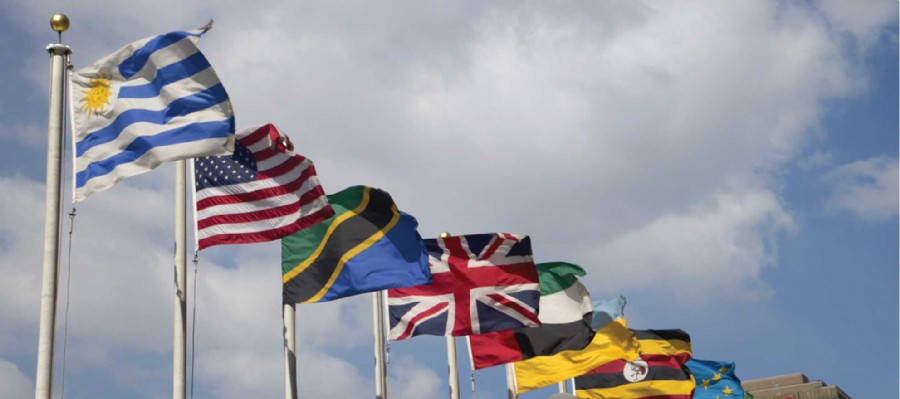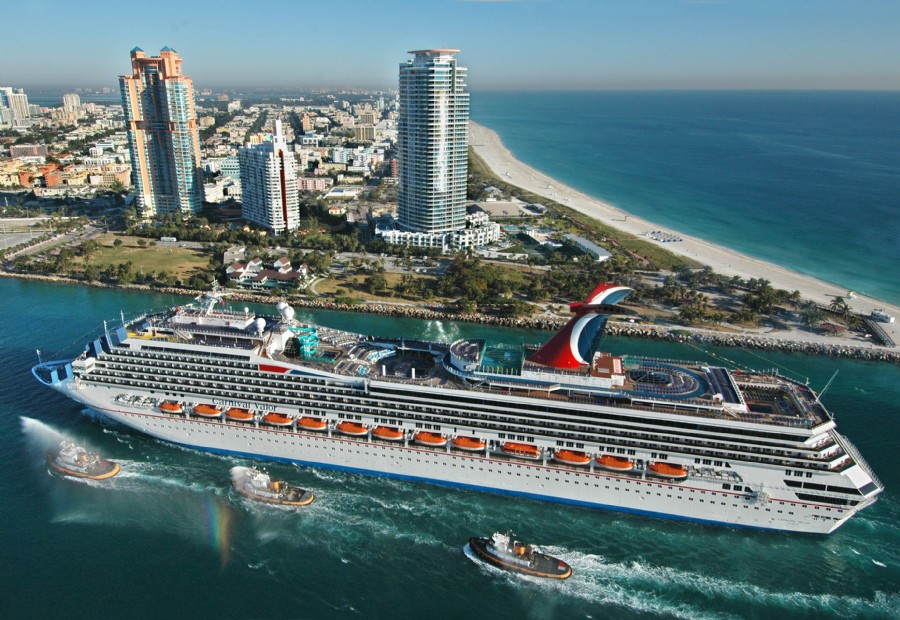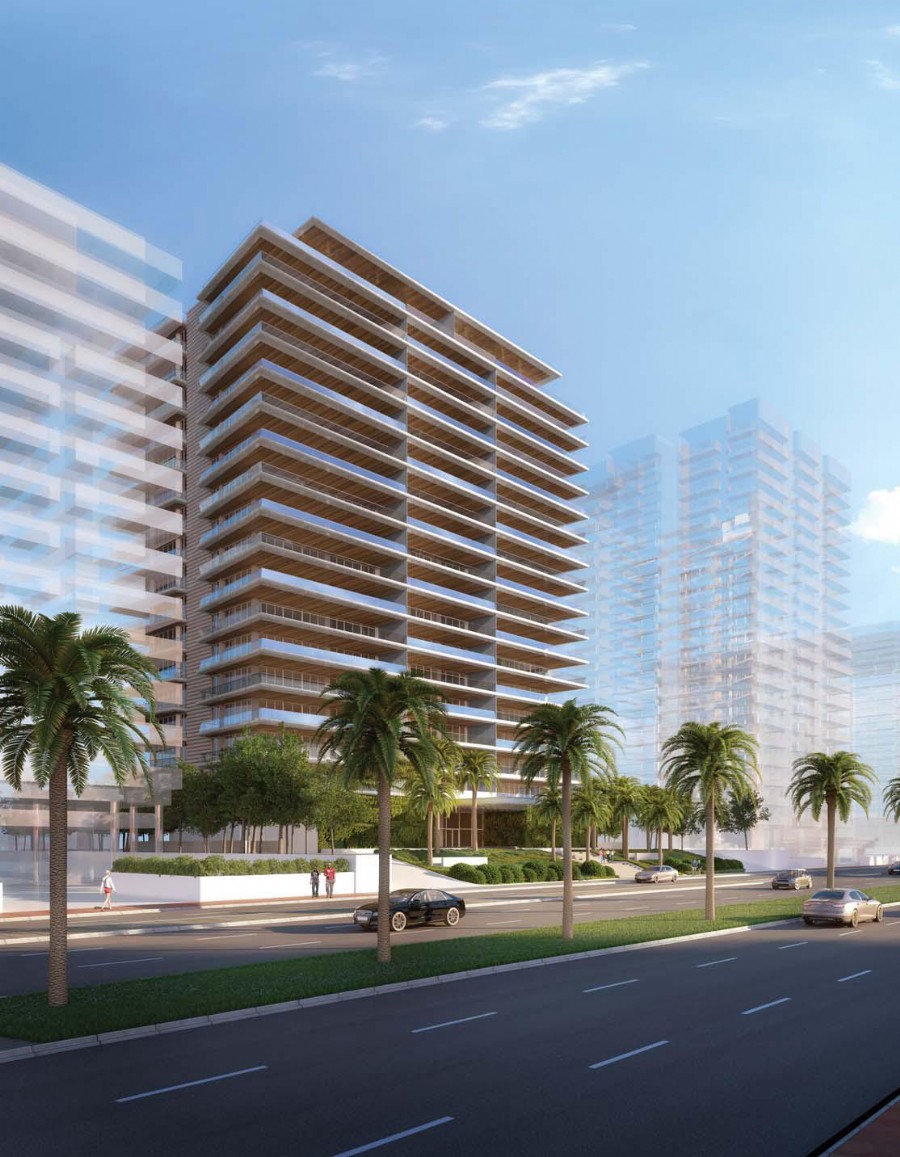Los Angeles, Beijing, Shanghai, Washington DC on List of Contender Cities
According to a report by real estate consultant JLL and The Business of Cities, London, New York, Paris, Singapore, Tokyo, Hong Kong and Seoul are among the seven most competitive cities in the world. The South Korean capital is a new addition to the list in 2017, while the other Asian cities have been included since 2013.
"Seoul has stepped up to join the top six 'Established World Cities' due to increasing openness, exceptional digital connectivity, the presence of innovative global firms and robust infrastructure," says Jeremy Kelly, Director in Global Research, JLL. "Once a traditionally closed market, Seoul is widening its international talent base with the presence of many multinationals, making the city highly competitive on a global level."
Singapore and Hong Kong maintain stronghold as global cities
Singapore, which ranks at number four of the seven, continues to build its position as a truly global gateway, with an emphasis on being a smart city. According to Mr. Kelly, "To retain its ranking as a global city, Singapore needs to continue fostering its innovation economy and presenting itself as a hub for talent and business."
Similarly, Hong Kong, in sixth place, continues to punch above its weight as a global city. However, it faces stiff competition from other Chinese cities, with questions raised over its future direction due to political uncertainties, and affordability issues.
"Hong Kong faces both challenges and opportunities from increasing integration with China," explains Dr. Megan Walters, Head of Research, Asia Pacific, JLL. "On the one hand, it faces huge competition from the likes of Shanghai and Shenzhen. On the other, there are new opportunities especially when it comes to internationalizing the Chinese economy, notably with the Belt and Road Initiative."
Tokyo climbs back up rankings after slipping in past years
Tokyo currently places at fifth position in the top seven 'Established World Cities' list, an improvement on its sixth position in 2015.
"Tokyo has faced challenges with limited economic growth over the past few decades, and is taking steps to become as international as other 'Established World Cities', which have made strong advances in their ability to attract international talent, international capital and build international connectivity," explains Dr Walters. "But the Olympics in 2020 is providing an impetus for Tokyo's revival as it improves its infrastructure and internationalizes further."
Competition among global cities
In Asia, issues such as poor air quality and income inequality could potentially hamper governments' efforts to move up the city rankings. City growth is also impacted by geopolitical uncertainties - the rise of protectionism across the globe and military escalations in Asia have all altered perceptions about which cities appear to be 'safe bets' or present higher risks for investment.
As more cities are becoming competitive, a second tier group of 10 'Contenders' has emerged, close on the heels of the 'Big Seven'. According to the report, China's 'Alpha Cities' - Beijing and Shanghai - are part of this rising group of emerging hubs as the country's Belt and Road Initiative represents the next step in these cities' global pathway. The other 'Contender' cities identified globally are Los Angeles, Amsterdam, Chicago, San Francisco, Toronto, Madrid, Sydney and Washington DC.
With more than 300 city indices currently measuring all aspects of urban life, The Universe of City Indices 2017: Decoding City Performance includes an analysis of 44 of them spanning seven factors: corporate presence, city gateway function, market size, infrastructure platform, access to talent, specialization and innovation, and soft power.
"These indices have a bearing on how we understand city dynamics and serve to guide investors, businesses and employees as they make location choices. They point to which cities have the ingredients for future success and help steer the real estate industry in its response to the rapidly changing urban landscape," concludes Mr. Kelly.
The 'Big Seven' cities of the world comprises:
1. London
2. New York
3. Paris
4. Singapore
5. Tokyo
6. Hong Kong
7. Seoul
The 'Contenders' comprises:
1. Los Angeles
2. Shanghai
3. Beijing
4. Amsterdam
5. Chicago
6. San Francisco
7. Toronto
8. Madrid
9. Sydney
10. Washington DC













